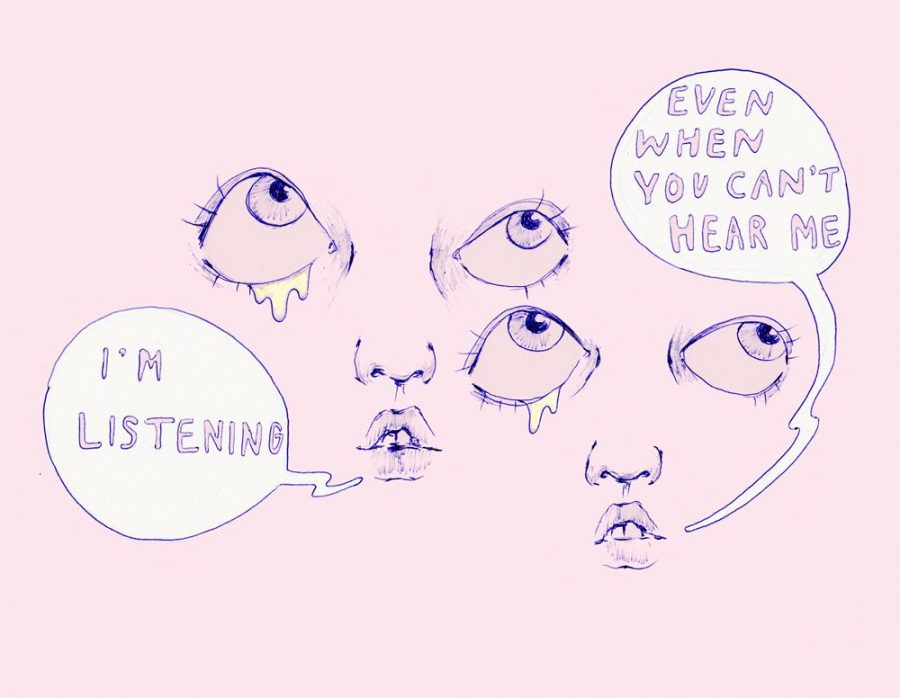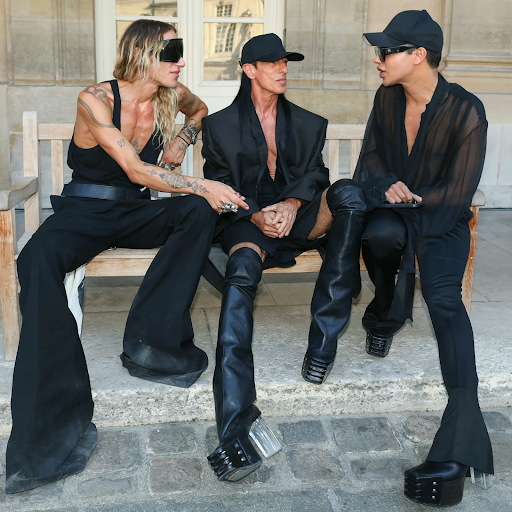Sexual Assault and the Internet
November 13, 2018
Disclaimer: This article is the second of three articles, all about sexual assault in everyday life; all of the statistics and arguments are not in this article, nor is my opinion the same as that of all feminists. I also realize that the harassment of men on social media was not addressed heavily in this article, but since many more women are affected by this issue than men, it felt justified.
Women’s lives can be ruined when they accuse men of sexual assault.
Maybe the man accused will also have a ruined life, but maybe not. According to studies done in America and the FBI, cases in which an accusation of rape is false varies somewhere between two and ten percent, or around eight percent.
The other 92% of rape or attempted rape accusations are all true. So why are women terrified to accuse anyone?
Because they get attacked.
Consider one of the best case scenarios; they don’t lose their jobs, their family is happy they came forward. Even then, they are bombarded by hate on social media.
Look up the Instagram of any woman who has accused an important figure of rape or sexual assault; most likely they will have deleted it.
Despite this lack of a social media presence, many accuse these women of ‘looking for attention,’ or ‘trying to become famous.’
Twitter user @emrazz refuted this point well, saying:
According to a study done by the Pew Research Center, women are more than twice as likely to get harassed online than men are. In the same study, they found more than half of the women from 18 to 29 have received sexually explicit pictures without consent and that wasn’t considering dating apps such as Tinder and OKCupid.
Another study by the same group claimed 26% of women who are on dating apps reported being stalked.
This issue has become so prevalent that a group of feminists has taken it upon themselves to make a sort of handbook to avoid harassment on Twitter and other social media.
But they shouldn’t have to.
Women shouldn’t have to make their Twitter accounts private or hide posts from certain accounts on Facebook. We should be able to state our opinions, and talk about trauma that we have experienced, without being attacked by others who discredit or threaten us.
This article was not written to shame social media companies. I have nothing against Twitter or Instagram, although I do think they should be more careful about who they suspend and who they allow to say whatever they want.
This article was written to say that people need to be conscious of what they say online. If people disagree with someone, that’s fine. If they want to insult someone, no one can stop them. But threatening people online is illegal.












